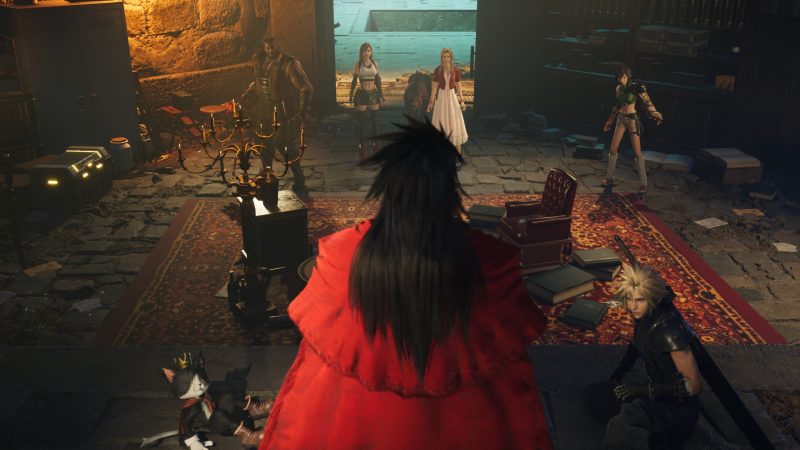When it comes to the gaming industry, exclusivity is a double-edged sword. Jacob Navok, who once wore the crown as the head of Square Enix's Shinra Technologies - yes, it's an actual company, feel free to look it up - recently unleashed a cascade of opinions concerning the practices and strategies of his erstwhile employer, Square Enix. At the center of the discussion? The exclusivity of Final Fantasy XVI to Sony's PlayStation 5.
Digging deeper into the annals of Navok's insights, one comes across an intriguing assertion. "The issue that I see is an issue that all of the industry should be cognizant of, which is the risk of console exclusives when you have a principal-agent problem," Navok articulated.
In layman's terms, Navok underscored the choices Sony made to bolster FF16 as a console exclusive, which might not be in line with Square Enix's broader objectives. Specifically, Square Enix's inability to trumpet the game's forthcoming PC port was, in Navok's assessment, a step that would favor Sony more than Square Enix.
However, exclusivity isn't Navok's only concern. In a spirited defense against critics, he argued against the prevalent and false narrative that a slew of poorly reviewed games from Square Enix was the root of the problem. He believes that the failures, like the underwhelming reviews for Babylon's Fall, didn't tarnish the brilliance and success of FF16.

